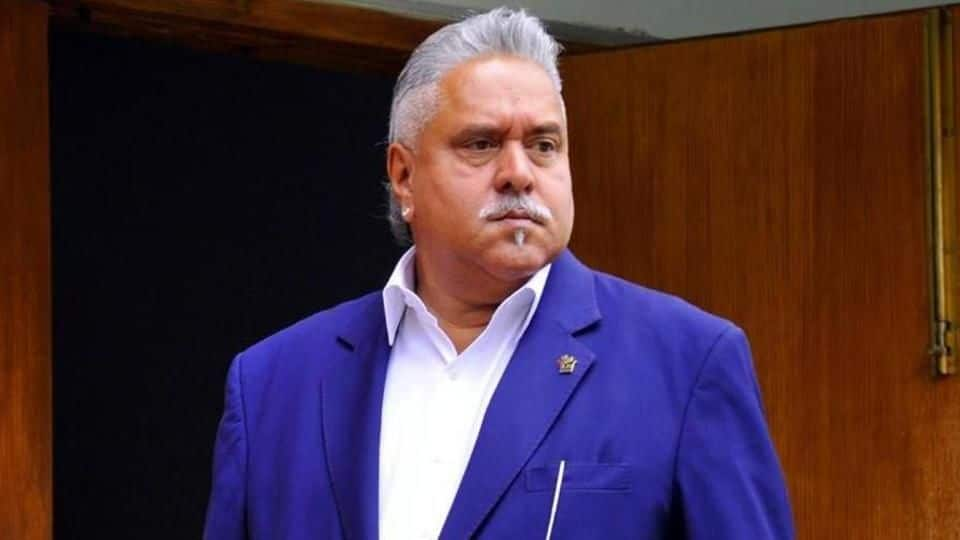PMLA case: Vijay Mallya appears for pre-trial extradition hearing
What's the story
Businessman Vijay Mallya arrived at London's Westminster Magistrates' Court for his pre-trial extradition hearing.
He was earlier exempted from appearing in court until his extradition trial, which is now scheduled for eight days starting December 4.
Mallya has consistently stressed that he has done nothing wrong.
He said, "It will all become clear in court."
How has the extradition case progressed? Read on!
PMLA case
What is the PMLA case against Mallya?
Under the 2002 Prevention of Money Laundering Act (PMLA), Mallya stands accused of willfully defaulting on loans worth Rs. 9,000cr taken from a consortium of Indian banks.
Mallya had allegedly hidden about Rs. 1,760cr of assets in shell companies abroad.
The chairman of the now-defunct Kingfisher Airlines has been on a self-imposed exile since 2016 in UK to avoid getting booked for financial offenses.
Arrest and release
Mallya's arrest and subsequent release
In April'17, Mallya was arrested on an Indian complaint filed with the Scotland Yard; however, he was soon released on bail on the extradition order.
UK's Crown Prosecution Service (CPS) is arguing the case on behalf of the Indian authorities.
They had slapped "supplemental charges" of money laundering, apart from the fraud charges already filed, against Mallya during the last hearing on October 3.
Proceedings
How has the case proceeded until now?
After filing money laundering charges, CPS said it was technically re-filing the extradition request.
The judge, Chief Magistrate Emma Louise Arbuthnot, subsequently agreed to formally re-open a new case but continue with the earlier December 4 trial hearing.
But, she agreed with Mallya's lawyers that if CPS continues providing new evidence it would put the December 4 trial date at "risk."
Rejections
UK rejected extradition requests: Will it be similar with Mallya?
India and UK have an extradition treaty since 1992; however, the extradition of alleged bookie Sanjeev Chawla and British-Indian couple Jatinder and Asha Angurala for bank fraud were rejected.
Chawla's was rejected on the grounds that severe conditions in Tihar jail would violate his human rights.
Mallya, meanwhile, is arguing that he fears for his life if he returns to India.
Possibilities
What are the possible steps?
What could be the possible steps?
If the judge rules for extradition, the UK home secretary will order Mallya's extradition within two months.
In case the date is pushed due to new evidence, the judge could release Mallya on bail. Conditions include providing a bail bond worth 650,000 pounds and surrendering his passport.
The case, however, could go through appeals before reaching a conclusion.
